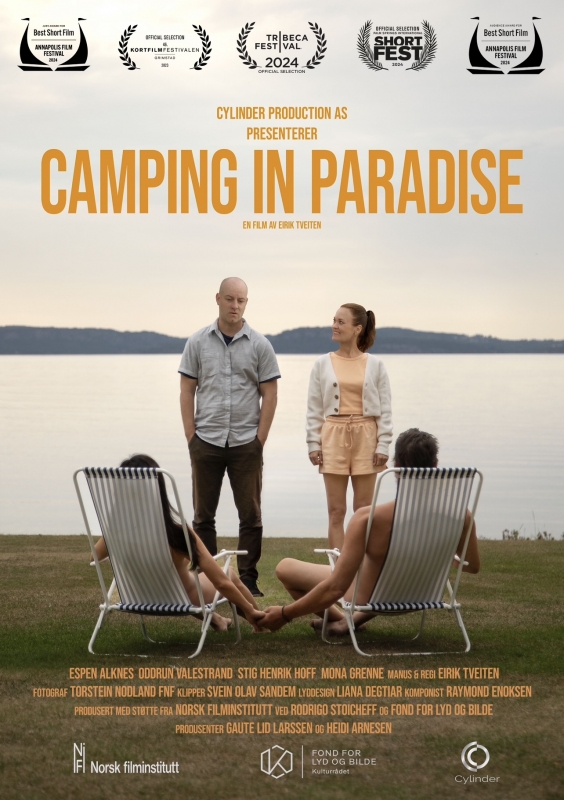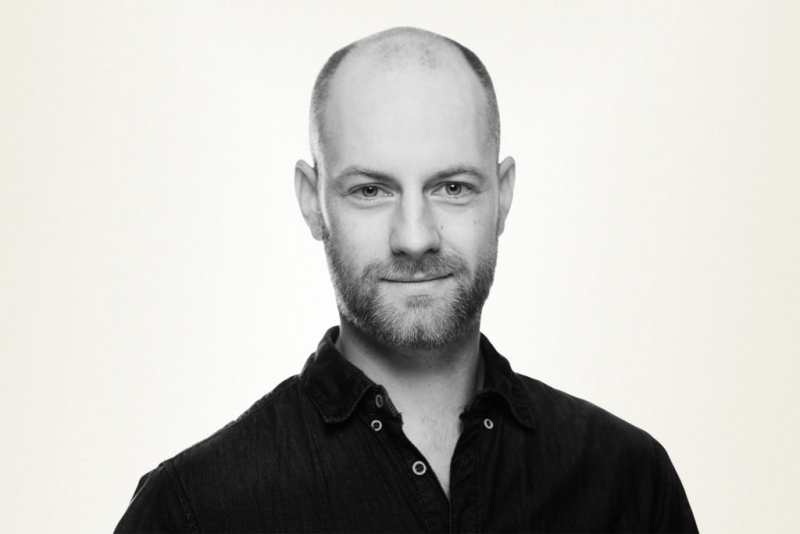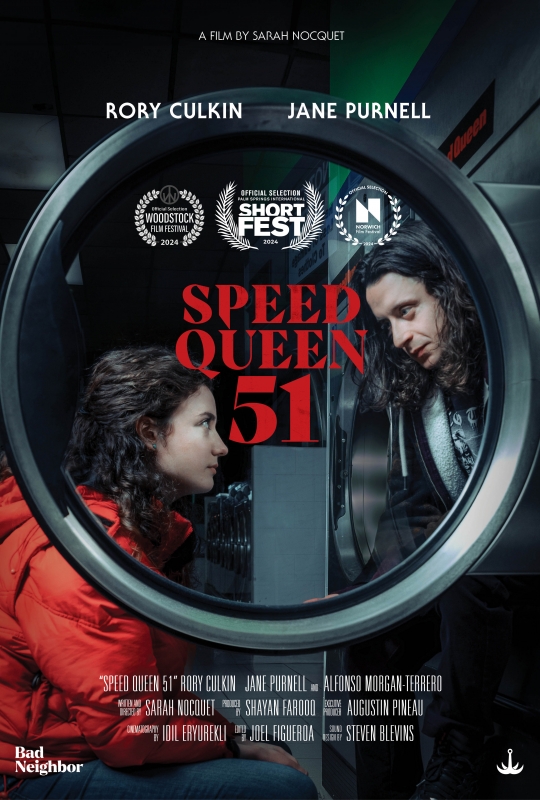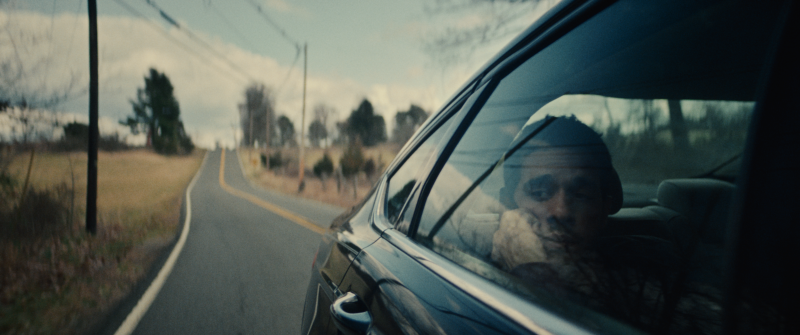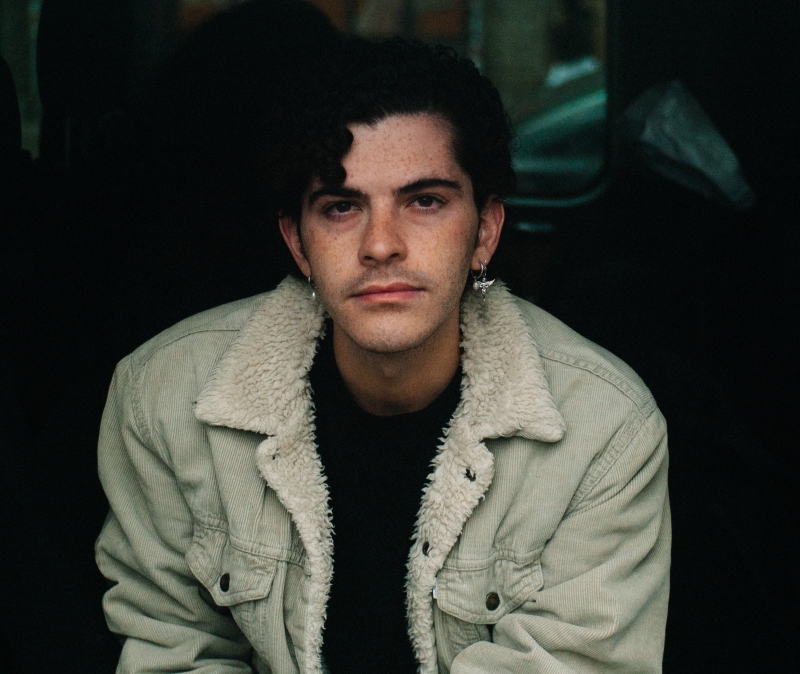|
|
||
|
Pro Tools
FILMFESTIVALS | 24/7 world wide coverageWelcome ! Enjoy the best of both worlds: Film & Festival News, exploring the best of the film festivals community. Launched in 1995, relentlessly connecting films to festivals, documenting and promoting festivals worldwide. Working on an upgrade soon. For collaboration, editorial contributions, or publicity, please send us an email here. User login |
The Orator! Interview with Tusi Tamasese
Saili is a small man with a big heart who lives happily with his beautiful wife Vaaiga and her daughter Litia. Sadly however, the whole family is somewhat of an outcast; Saili because he has been denied his title and Vaaiga because, although her family wants her back, they cast her out years ago. In trying to stay peaceful and to themselves they only aggravate everyone else in the village and their lives as they know it become threatened unless they, namely Saili, speaks up to the powers that be to defend himself and his family. I interviewed director Tusi Tamasese of ‘The Orator’ recently about his great feat, having made the first film in history to ever come from the Samoan Islands.
ME: This is the first film to come out of the Samoan Islands. How does it feel to be the First of something in world cinema and to have had your open in Venice? TUSI: I didn't really set out to make the first Samoan film in one sense. However, I did want to show people a perspective on screen that I hadn't seen before and hoped that people would get the story and connect with it, even though it might be from a different perspective. It was scary and fantastic to have it premiere in Venice and to see that people did connect and did get it. ME: Was this story based on true events or someone you know? TUSI: Saili and many of the other characters are fictional but to some extent I created many of them based on aspects of people I know and normal things that happen or are talked about in Samoa (teenage pregnancy, affairs, rugby, banishment, etc). There are a few incidents based on real events - for e.g taking the body on the bus. ME: Can you tell us what “The Orator” in Samoan culture means? Is this coming from an age-old tradition? TUSI: An orator is a chief or a talking chief. Chiefs in Samoa are the important holders and distributors of knowledge and culture. Samoan is very much an oral culture in the sense that many things were not written and preserving the language and customs is traditionally is through listening, observation, doing and oral communication. Formal oratory is filled with filled with proverbs, historical events, myths, lineage etc. I wanted the film to capture the essence of Samoan oratory but in a way that broader non-Samoan audiences would be able to connect with. So I made choices about how formal the oratory in the film would be - that is, its not as formal as you would get if you were going to film a documentary about the best (in the technical sense) Samoan orator in history. This is because the title is not really meant to be taken too literally (the dialogue is deliberately sparse for e.g) - it is a story about a little fella's journey to becoming an orator but in essence it is about finding the courage to stand up, rather than about orators and oratory. 'The orator' was my metaphor for courage. And courage is not about being technically proficient but doing something like standing up for something big in spite of people's views that for a lot of reasons you can't. ME: Was it shot entirely on location in Samoa? And how hard was this? TUSI: It was shot entirely in Samoa. It was hard and very stressful. But I had a great team around me and my family which helped. There were a lot of conversations to get permission for using a road or land but at the end we managed to get everything we needed. The villages were supportive of us and many of the extras and behind the scene people were from the same villages we shot in. ME: Most people know very little about the Samoan Islands (myself included). Would you say that your film represents modern Samoa? And how similar (or diverse) is it in Samoa than in other neighboring South Pacific islands? TUSI: We shot the film in the rural village because we wanted to capture the village. There are villages like that in Samoa today. Compared to some other countries Samoa is pretty traditional but there are differences to the extent of how traditional it is depending on where you are in Samoa. For example, I didn’t show Apia, which is not like Manunu (the village where Saili comes from) and some of the less traditional villages. So the film does represent some parts of Samoa but it also doesn't show other parts, which would be more 'modern'. I haven't been too many other Pacific islands (unfortunately) so can't really compare or contrast Samoa with my Polynesian neighbors.
ME: Saili, who becomes the Orator at the end, is an arresting TUSI: The script always had a small person as the main character because in my mind this was the visual metaphor of the whole story. I had initially had a specific person in mind but that didn’t work out. It was a pretty difficult part to cast and it took us a while to find Fiaula. Fiaula didnt put himself forward for the role (he's a pretty shy guy) and we found him by accident through going to a village for someone else wanting to audition. So we were really lucky to find him. He was able to say so much without actually saying much and he was perfect for the role.
ME: Would you say that Saili, the small man, is somehow representative of the small islands of Samoa who is married to a woman of another clan (perhaps representing other islands) that despite his small size, he (and Samoa) has a great strength that if tested will use it to defend itself TUSI: I hadn't thought about that - I guess it you could say so. I think the main thing is that often people are more than what they appear to be. Its maybe cliche but Saili represents the strength of the human spirit when faced with overwhelming odds and challenges. And there's people who do courageous things everyday - we just dont get to hear their stories everyday. ME: Where do you think Samoan culture is going in the future and do you think your film marks the beginning of a Samoan (and perhaps) South Pacific island cinema? TUSI: I think Samoan culture will change and evolve as everything does as it adapts to changing times and modernity. There is a lot of talent in Samoa and the South Pacific and a lot of stories to be told. So I hope there are many more Samoan and South Pacific stories that come out on screen.
ME: How has your film been received in the South Pacific and TUSI: It’s been great. Samoans in Samoa, NZ and Australia have embraced it. It’s interesting how much discussion it's created about culture, language and identity. Non-Samoans abroad have also been generous in their feedback. Of course I've seen feedback that's not as glowing but that's probably expected - I didn't think I would please everyone. ME: Can you speak about what you will be working on next after touring the world with ‘The Orator’? TUSI: I'm working on something at the moment but it's at the early stages - something with more action. Stay tuned. ☺ THE ORATOR had its North American debut at the 23rd annual Palm Springs International Film Festival (PSIFF) January 5-16, 2012.
check out film's website here: theoratormovie.com and on facebook: http://www.facebook.com/pages/The-Orator-O-Le-Tulafale/165704986814036 Interview by Vanessa McMahon, February 23rd, 2012 25.02.2012 | Vanessa McMahon's blog Cat. : Apia Australia Contact Details Director Entertainment Entertainment Fa'amatai Films forward http://www.facebook.com/pages/The-Orator-O-Le-Tulafale/165704986814036 Litia Oceania Pacific Ocean Palm Springs International Film Festival Person Career Polynesia Quotation representative Samoa Samoan Dance South Pacific Technology Technology The Orator The Orator! Interview with Tusi Tamasese theoratormovie.com Tusi Tamasese Tusi Tamasese Vaaiga Vanessa McMahon Venice Interviews
|
LinksThe Bulletin Board > The Bulletin Board Blog Following News Interview with IFTA Chairman (AFM)
Interview with Cannes Marche du Film Director
Filmfestivals.com dailies live coverage from > Live from India
Useful links for the indies: > Big files transfer
+ SUBSCRIBE to the weekly Newsletter Deals+ Special offers and discounts from filmfestivals.com Selected fun offers
> Bonus Casino
User imagesAbout Vanessa McMahonThe EditorUser contributions |



















